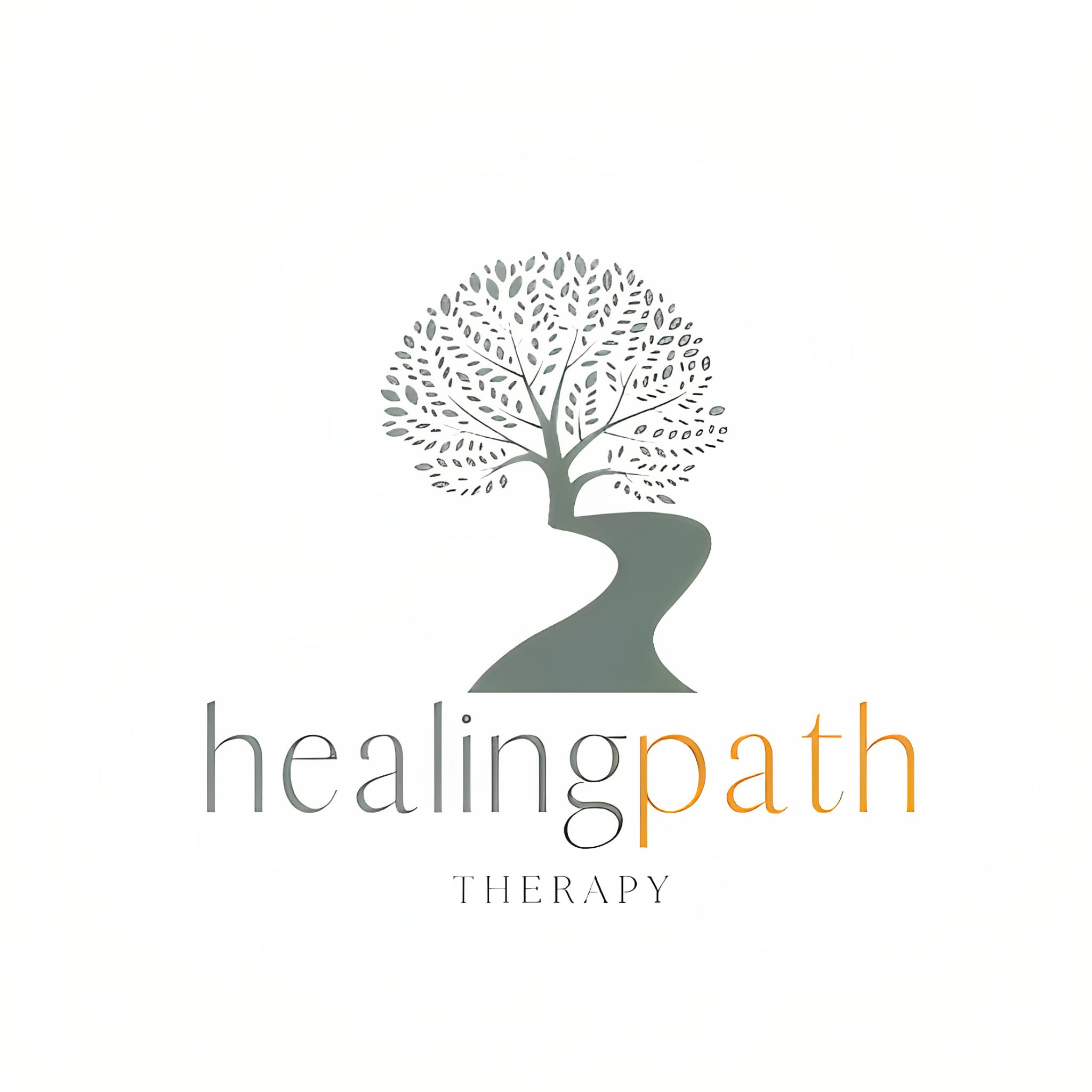Everyone faces challenges at some point in their lives, regardless of their background, social status, gender, or sexual orientation. While therapy offers a transformative path to healing and growth for everyone, it can be especially helpful for those who identify within the 2SLGBTQIA+ spectrum. The particular and varied experiences of the 2SLGBTQIA+ community present unique challenges, often necessitating tailored support and understanding. This is where therapy emerges as an invaluable resource, providing a safe and affirming space for individuals to navigate the complexities of their identities, relationships, and emotions and empowering them to embrace their authenticity, confront challenges, and embark on a journey of self-acceptance and well-being.

Key Points
- Find self-acceptance and develop resilience.
- Connect with resources and options for affirmative care.
- Build self-esteem and a sense of safety. Feel less isolated.
- Get affirming care from therapists who understand 2SLGBTQIA+.
Quick Navigation
If You Identify as 2SLGBTQIA+ or Are Unsure, the World Can Be a Confusing and Scary Place
Your sense of self and how you relate to others is profoundly influenced by your gender identity, sexual identity, and sexual orientation. Feelings of uncertainty or fear of the consequences of sharing your truth with close friends and family can cause isolation and undermine your self-esteem and sense of safety.
While the world is rapidly changing, the framework of traditional values that most of us were raised with still informs how we understand gender identity, sexual identity, and sexual orientation. These socially imposed views often make it that much more difficult to figure out who you are and how you want to express yourself and often lead to feelings of shame and embarrassment.
2SLGBTQIA+ Individuals Face Significant Challenges
Issues around shame and embarrassment that might accompany your choices aren’t the only challenges that 2SLGBTQIA+ individuals often face. At Healing Path Therapy, you will be able to access expert support.
Confusion: You might be exploring and questioning your own sexual orientation or gender identity and not yet figured out what feels right for you and don’t know who to talk to.
Coming out: Knowing who you are and sharing your truth with those closest to you are two very different things. The fear of losing family or friends or changing dynamics in the relationship can be paralyzing. Therapy can help you prepare for the challenges and equip you with the tools you need to navigate the process.
Relationships: Relationships can be complicated for anyone, but 2SLGBTQIA+ people may face unique challenges, especially in the presence of confusion or changing identities. With the right support, you can learn to build healthy relationships and communication skills that will give you a strong foundation for creating fulfilling connections and self-acceptance.
Transitioning: Whether you are struggling with gender incongruence or know that you are transgender, you may be struggling with how to navigate the process — where to begin and what resources are available to you. Therapy can help you come to terms with your new identity, as well as provide you with resources and options you may not have known were available.
Getting the Support You Need
Research shows that as a result of the stigma surrounding gender and sexual issues, members of the 2SLGBTQIA+ community experience more difficulty getting the health and mental health care that they need. This is due to the biases, prejudices, and stigmas prevalent within the health and mental health communities, as well as a lack of information available about resources available.
At Healing Path Therapy, we have therapists who understand the complexities of being 2SLGBTQIA+. In therapy, we work with you, where you are at. During your therapy sessions, you may benefit from:
Psychoeducation: providing you with information that will help you better understand and cope with the challenges you are facing.
Resources: Helping you access the support that you need to navigate your individual journey to healing and wholeness.
Normalizing your experiences: Helping you to understand that your experiences do not mean there is something wrong with you, that you are not alone, and that you can live a fulfilling and meaningful life.
Planning: Helping you create a plan not only for your future but also a safety plan — a list of strategies and sources of support you can rely on to help you through triggering events and challenges.
Connection: Your therapist may help you to connect with others to assist you in building community.
Take the First Step
Whatever you’re dealing with, it’s important to know that you are not alone and that there is help available. Whether you are struggling to come to terms with your own sexual identity, make peace with your gender identity, sexual orientation, or unaddressed mental health challenges, you don’t need to suffer in silent desperation.
By reaching out for help, you’ll find the support you need to navigate whatever you’re facing in a healthy way and step courageously into the person you want to be and how you want to live your life. Call or fill out the form to get started.
